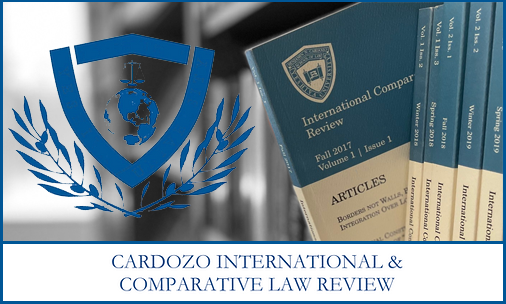Document Type
Blog Post
Publication Date
3-11-2024
Abstract
Brazil recently enacted significant amendments to its Bankruptcy and Reorganization Act through Federal Law No. 14,112/2020, which introduced substantial changes to the provisions laid out in Federal Law No. 11,101/2005. This legislation was initially crafted to facilitate the restructuring of insolvent businesses under court supervision, taking inspiration from the United States' Chapter 11 Bankruptcy. Chapter 11 serves as a blueprint for Brazil's Bankruptcy and Reorganization Act, focusing on the reorganization of a debtor's business affairs, debts, and assets. The primary objective of companies filing Chapter 11 bankruptcy is to secure time for debt restructuring and initiate a fresh start. The recent revisions in Brazil, driven by the goal of fostering economic growth, encompass critical areas such as cross-border insolvency, debtor-in-possession (DIP) financing rules, enhancements to asset sale procedures, the introduction of creditors' alternative reorganization plans, provisions related to tax claims, and improvements in bankruptcy liquidation proceedings.
This post was originally published on the Cardozo International & Comparative Law Review on March11, 2024. The original post can be accessed via the Archived Link button above.
Recommended Citation
Hemmings, Aaron, "Unpacking Brazil’s Amendment to the Bankruptcy and Reorganization Act" (2024). Cardozo International & Comparative Law Review Blog. 105.
https://larc.cardozo.yu.edu/ciclr-online/105


